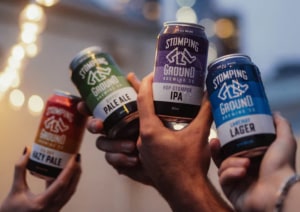Japanese paper giant Nippon Paper’s move to buy APPMA member Orora’s Australasian fibre business is part of a bid to compete with Visy, according to analysts.
Shagun Sachdeva, consumer insights analyst at data and analytics company GlobalData, said that with the total packaging market in Australia expected to hit eight billion kilograms in 2022 and all major forms of packaging growing, including flexible; glass; metal; paper; and plastic, the Orora move is a good strategic play for Nippon.
“Nippon Paper had identified paper packaging as a key growth area under its Sixth Medium-Term Business Plan in 2018 due to growing environmental and garbage disposal concerns over plastic.
“The deal will also allow Australian Paper, a wholly owned unit of Nippon Paper, to foray into new categories such as box and cartons, in addition to paper bags and sacks.
“On the other hand, Orora can focus on the higher-growth Australasian glass and aluminium beverage cans business, where it has a strong hold. It will also retain its North American packaging business, where it is a dominant player,” she said.
Orora’s Australasian fibre business includes the B9 paper mill, as well as units of fibre converting; specialty packaging; cartons; bags; functional coatings; and WRS packaging distribution.





